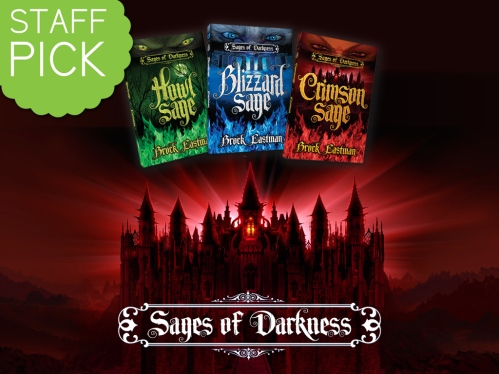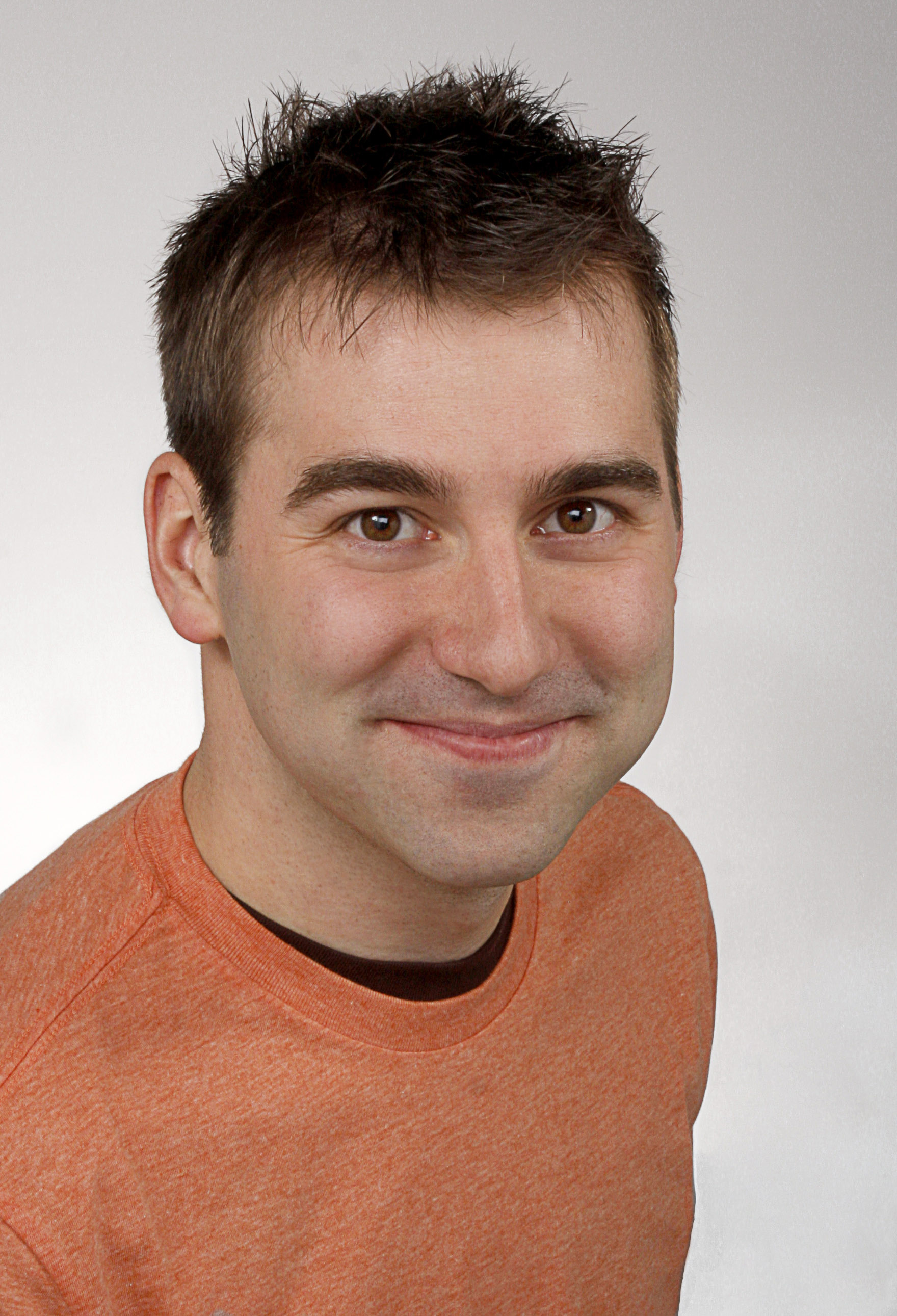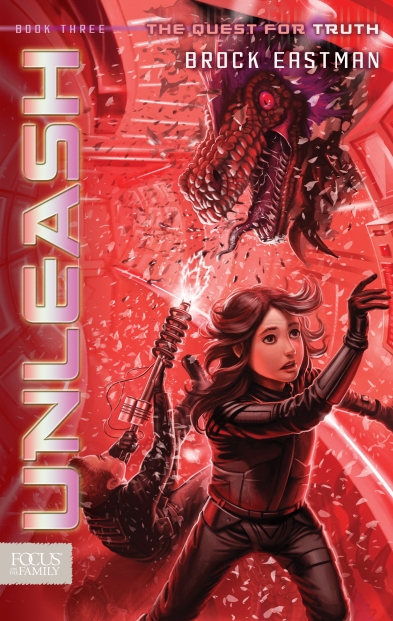It’s no secret that sci-fi books own a very special place on my shelf and in my heart, especially novels that deal with space exploration and space travel. Afterall I write a sci-fi series about a family hyper jumping all throughout space. When I first heard that Homer Hickam (author of Rocket Boys) was writing a Young Adult series about a space mining colony I was over-the-moon, okay that was a terrible joke. But I really did go out and get the first book, followed by the second. You might be surprised that the technology concepts Hickam writes about in the series are soon to pass from science fiction to reality, check out this article from National Geographic.
So this month we celebrate, and I do mean celebrate the third book in this captivating look at our very near future. What happens when the moon becomes the next battleground? The book titled; Crater TrueBlood and the Lunar Rescue Company, gives us a look at a possible scenario.
Who better to write a book about space exploration and a moon colony, than a guy who worked for NASA and wrote the best-selling memoir Rocket Boys. You might not have read the book, but you probably saw the movie adaption October Sky. As someone whose very interested in space exploration, followed the building of the International Space Station, the upcoming Chinese missions into space, and watched October Sky until his VHS tape went bad, it’s not a surprise that I was over-the-moon to have the chance to interview Home Hickam. Alright the joke didn’t work there either.
Brock: How did you come up with the idea for the Helium-3 novels?



Homer: I’m best known for writing memoirs and adventure tales but one day I started thinking about a mining town much like the one I grew up in except it was on the moon. After that, it was a matter of imagining what life would be like in such a town, especially who would live there. Then I started to think about an orphan brought up in a tough place where there are no child labor laws and decided to follow his adventures over a trilogy that became known as the Helium-3 series. Most of my books are suffused with my own special brand of humor and this series is, too. Crater is a conservative, honest, and straightforward young man often surrounded by thieves and maybe a few murderers who don’t always have his best interests at heart. There’s a lot of room for humor in such a situation. In the first book titled Crater, Crater is sent off by his boss on what he thinks is just another job when it is, in fact, a suicide mission. In the sequel, titled Crescent, Crater’s a little older and wiser but he’s still surprised when people are dishonest. Every hero has to have an advantage and Crater’s is his gillie, a prescient clump of slime mold that can hack any computer ever built. It’s also more than a little snarky and sneaky and Crater has to rein it in at times. In Crater Trueblood and The Lunar Rescue Company, Crater is faced with his toughest challenge, rescuing not only his girlfriend but, incidentally, the world!
Brock: How has your own story, influenced writing the Helium-3 novels?
Homer: Moontown, Crater’s home town, is modeled after Coalwood, West Virginia, the town where I grew up. Like Moontown, Coalwood was a rough place filled with interesting people, most of them kindly but a few very dangerous.
Brock: What was the most exciting project you took part on while working with NASA?
Homer: I was privileged to work on such key projects as the Hubble Space Telescope repair mission and training the first Japanese astronauts. It was very exciting to work underwater (which simulated space) in the EMU (space) suit to figure out how to repair the Hubble. It was also exciting to live in Japan and be part of a great new space program. Before I left the agency in 1998, I traveled to Russia and established the plan for training the astronauts on the International Space Station. I wrote about my NASA career in a short memoir titled Paco: The Cat Who Meowed in Space.
Brock: You’ve been a busy guy. Tell us about the main character Crater Trueblood?
Homer: Crater is trustworthy, honest, resilient, super-intelligent, studious, patient, reverent, loyal, kind, and brave. In other words, he is a true lunar boy scout nerd but as the trilogy goes along, we notice he is becoming a little more “worldly,” although that term might not work for a fellow who’s lived on the moon his entire life. Another thing about Crater is that he is in love with a girl who isn’t sure she loves him back. That kind of thing does strange things to a boy’s head.
Brock: Besides both being male, are you and Crater similar in anyway?
Homer: We both believe that if we work hard enough, we can do anything. Otherwise, Crater has the mindset of an engineer and looks at everything in precise terms and solves problems according to his understanding of physics, thermodynamics, chemistry, and so forth. That’s not the way my mind works at all. When confronted with a problem, I usually head for the outer edge of the universe and work my way back to solve it. In other words, Crater is pretty uptight and I’m kind of flexible. That’s what makes it fun to write about Crater. He’s always so serious and forthright and linear while all around him, there’s chaos that he can’t quite understand. Thank goodness he has his gillie who is more than willing to break laws and do other sneaky things in Crater’s behalf.
Brock: In three sentences what is this book about?
Homer: The story is ultimately about the courage it sometimes takes to stay loyal to friends and family. In the initial chapters, Crater insists on rescuing Maria, his erstwhile girlfriend, after she’s kidnapped by her estranged father and genetically-tweaked creatures and carried off to the far reaches of space. Even though they know they have a good chance of getting killed, his friends and colleagues go along with Crater out of loyalty, only to discover they have to not only save Maria but also the world!
Brock: It’s clear space is a passion for you, but why did you choose the moon?
Homer: I’ve always had a particular fascination with the moon because I believe it is the obvious place to start a space-based civilization. Since its mass was probably created by a chunk of the Earth, it is, in a way, our eighth continent and therefore deserving of settlement. It’s also relatively close and is filled with resources such as Helium-3, the isotope the series is named after. Helium-3 covers the moon and will be the perfect fuel for fusion reactors after that technology matures. As recounted in my memoir Rocket Boys, I also famously suggested to Presidential-candidate Senator John F. Kennedy that the USA should go to the moon. His reply to the crowd of coal miners around him was if he got elected, he might just do that. Sometimes, it’s kind of fun to claim credit for what ultimately became the Apollo lunar landing program so naturally, I love the moon!

Brock: That’s really cool. The technologies that you included in the books so far, are any of them real? In prototype form? Proposed?
Homer: Fusion reactors utilizing Helium-3 are in the design and testing stages. An interesting aspect of these novels was that I had to figure out how to mine Helium-3 on the moon. To my knowledge, no one had ever done that. With my mining background, I set about to make the machines that Crater and the other miners use as realistic as possible. The orbital Cyclers, the lunar elevator, the jumpcars (essentially moon taxis), and scramjets I write about in the novels all use technologies already developed. The fusers, which are fusion-driven rocketships capable of tremendous velocities, are feasible but not yet on the drawing boards. The technology of genetically tweaking human beings, probably the most important technology written about in these novels, is coming at us with astonishing speed and the stories about them are something of a warning about that. Crater first meets the Umlaps, people born to do heavy labor who are somewhat comical with their sour outlook on life and reverse facial expressions (e.g. they smile when they’re sad). Next, he meets the Crowhoppers who are fearsome, ugly warriors born to kill. Finally, he comes across the Helpers, low IQ people born to be slaves. Umlaps, Crowhoppers, and Helpers are feasible and when such humans are brought to life (notice I don’t say “if”), humanity will be faced with tremendous ethical and moral dilemmas. Crescent the crowhopper is an example of this. After she’s captured by Crater, she discovers she has a soul and is as human as anyone. Still, her outward appearance is frightening and she has to struggle for acceptance, not always successfully. Crescent is one of the most tragic characters I’ve ever written about but she is also very brave and an inspiration to anyone who has trouble being accepted by society.
Brock: The depth of characters and devlopment of those characters, has been a strong point of the series. Do you believe there will eventually be a permanent settlement on the moon? And if so, how far in the future?
Homer: Yes, I do. It is inevitable. We need the resources there and it is also the perfect place to build a telescope to see to the far reaches of the universe. How far in the future depends on how smart our leaders are. We could do it in a few years or decades from now. Civilizations have fallen when they’ve ignored such opportunities. We shall see.
Brock: I sure hope it’s in my lifetime. What do you hope kids take away from the series?
Homer: I hope they take the books and hand them to their parents and teachers and say “Read this, I think you’ll like it, too!” I also hope they take away an understanding that when faced with tough situations, it’s best to be like Crater and his friends and not ever give up.
Brock: That’s a great lesson for anyone, and I agree adults and kids alike will love this series. Is there any biblical background or basis for the series?
Homer: Crater believes there is a great deal of power in prayer as do the people of Moontown. They pray before they work on the Helium-3 scrapes and afterward, too. They recognize that there is a Creator and that they are part of His great plan. In a way, the people on the moon are similar to the Israelites who’ve escaped Egypt and are trying to make their way in a new “promised land.” However, Egypt (in this case the Earth), just won’t leave them alone.
Brock: Did you outline the entire series, or do you write as you go and let the characters take control of the story?
Homer: A little of both. I usually know where I’m going without an outline but when I get stuck, I’ll outline so I really /do/ know where I’m going. Characters can, it’s true, get a little unruly sometimes. I’ll give them some slack if they’re going to an interesting place but if I discover they’ve carried me off into the proverbial swamp, I’ll drain it and start over.
Brock: A good tip, I can’t tell you often my characters take me deep into muck, and I spend hours and thousands of words trying to get back out. My editor really loves these scenarios. What’s a normal writing day like for you?
Homer: Fresh new writing is done from 8 AM to noon every day except Sundays and sometimes then if a deadline looms. I rewrite in the afternoons. I’m pretty disciplined about my writing. Without it, I’m not certain what I would do except probably get into all kinds of trouble. Everybody needs a passion in their lives, something that keeps them going, and writing is mine.
Brock: I thought October Sky was an amazing movie, do you feel it reflected your memoir Rocket Boys accurately?

Homer: I agree that Rocket Boys, the book October Sky the movie is based on, is indeed amazing which is, of course, what you probably meant to say. So many folks have wondered about how I came to write that book and how the movie got made that I’ve written a short memoir about it titled From Rocket Boys to October Sky which was published last year. As you will read, I was very much involved with the making of the film although I had my disagreements with parts of it. In the end, I was happy the way it all turned out. My biggest problem now is I have to go around apologizing for not actually being Jake Gyllenhaal! Also, people who have only seen the movie and not read any of my books perceive I’m a rocket scientist, rather than a writer. For the record, I started writing in the third grade and it has always been my greatest passion. I like to say I wanted to be an engineer but I had to be a writer. October Sky, by the way, is an anagram of Rocket Boys. Why and how that name change came about is a story I tell in the short memoir and is terribly amusing to everyone but me.
Brock: Ha, ha, oh marketing. I also write Sci-Fi novels set in space, why do you think this genre is important or fun to write about?
Homer: My approach to Sci-Fi is like all my books and that’s to first create interesting characters because, no matter what the setting or era, I think people are most interested in other people. The reader can also be pretty confident that I know what I’m writing about and that’s especially important if the book is set in space. Space is a terribly unforgiving and harsh place and the writer has to understand what makes it so dangerous before the story can really work. Readers may not know all of the physics involved but they can sense when it all seems too easy. In the Helium-3 series, nothing is ever easy which is part of the fun. I’m glad you’re writing in the genre. It is indeed a great one for writers and readers where anything can happen!
Brock: Are there any other books after Crater Trueblood planned?
Homer: I never say never but I wanted to write a science fiction trilogy and this is the third novel. Without giving anything away, let’s just say there is room for more Crater Trueblood adventures although it would probably take place far, far, (did I mention far?) from the moon. Of course, ultimately the marketplace rules. The more people who read the series, the more likely there will be more novels.
Brock: So if you’re reading this article, do myself and all the kids who have read the series a favor, go get yourself the full trilogy! Thanks again Mr. Hickam for the opportunity and for the great books. Oh an thanks too for getting our Space Program going with your suggestion to the future president.















Recent Comments